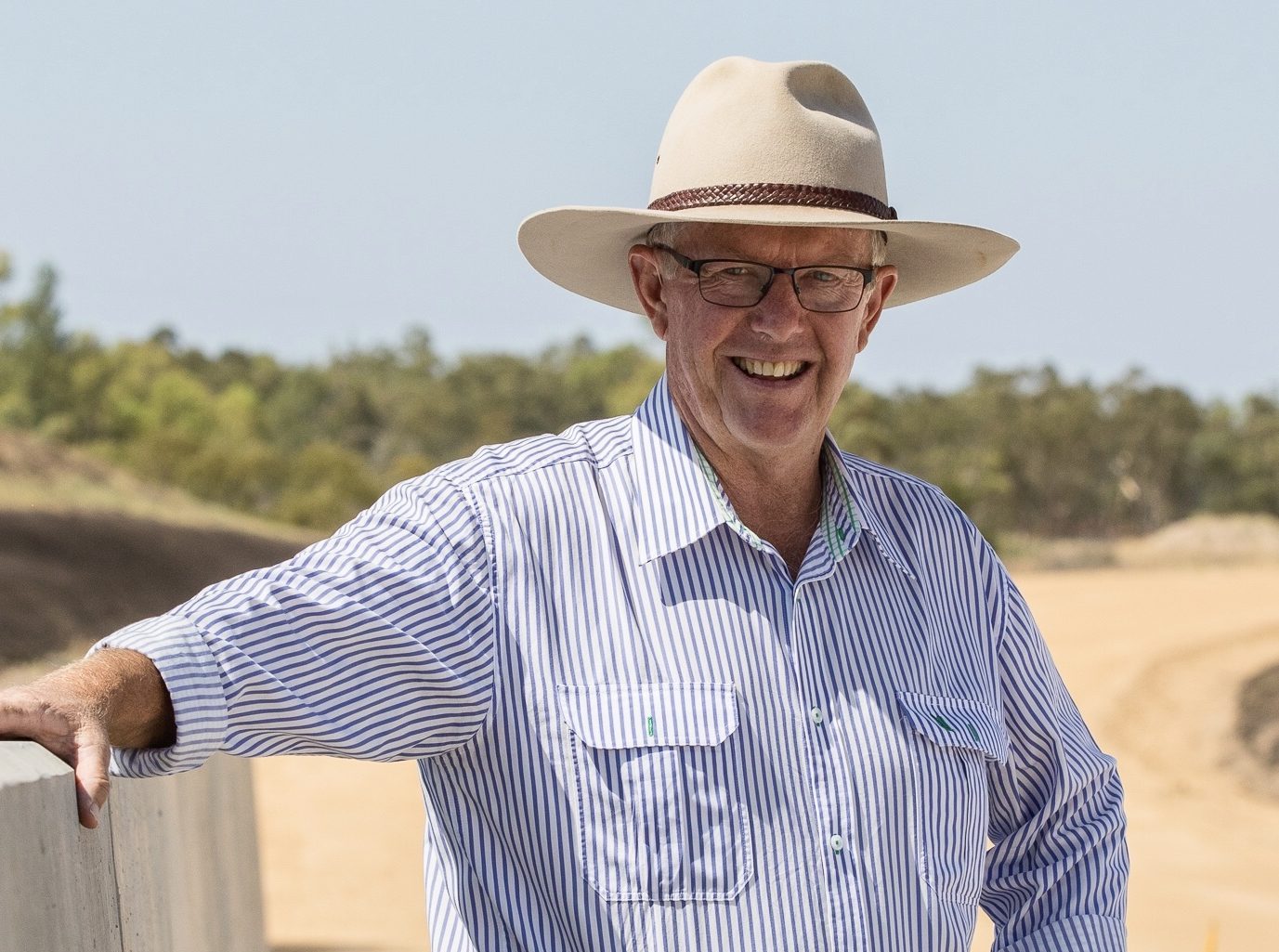Member for Parkes, Mark Coulton has delivered a scathing assessment of new parliamentary committee inquiries examining the financial sustainability of local government.
The opposition MP, who served as Gwydir shire mayor and as Coalition minister for local government, labelled the federal inquiry “another broken promise”.
He said the local government review was just an attempt to stall action on delivering more support to councils.
“Before the 2022 federal election, Labor promised ‘fair increases’ to local government funding but has actually delivered cuts to regional programs which councils relied on,” Mr Coulton told the Gunnedah Times.
“Instead of keeping its promise, we have yet another review from a government which has failed to deliver a single project under its regional grants program after almost two years in office,” Mr Coulton said.
“This means we can expect there will be no new funding for local government in this year’s Budget, which is extremely disappointing for councils across my electorate which are being left with limited options to pay for roadworks or other community infrastructure projects.”
Two inquiries, with similar terms of reference, are now running in the state and federal governments.
The Australian government’s Standing Committee on Regional Development, Infrastructure and Transport recently released the terms of reference for its inquiry into local government sustainability. This includes a focus on the “funding” of local government as well as the “changing infrastructure and service delivery obligations of local government”.
Federal Minister for Regional Development, Local Government and Territories, Kristy McBain, said its inquiry was based on “extensive feedback” from the sector.
“From day one we’ve brought local government back to the table as a trusted delivery partner of the services our communities rely on,” she said.
“I welcome this inquiry, which will build on the extensive feedback we’ve received from the local government sector over the last 18 months, and help inform how we can strengthen their capacity to deliver better outcomes in our communities.”
The federal inquiry will also examine “trends in the attraction and retention of a skilled workforce in the local government sector, including impacts of labour hire practices”.
Mr Coulton said the workforce problem required a collective approach by the community.
“When it comes to attracting skilled workers, whether it’s in local government, healthcare, education or any other industry, I believe it does require a whole of community effort,” he said.
“Not only do we need to have the adequate infrastructure and facilities to attract families, like access to healthcare, reliable internet and good schools, we’ve got to promote our towns as positive places to live and raise a family.
“Until we can help people understand that it is a positive move both professionally and personally to relocate to the bush for your career, we’ll always be struggling to attract more workers. People need to come to our regional towns because they want to, not because they’re conscripted here.”
Meanwhile, the state government has announced an upper house inquiry into the ability of local governments to fund infrastructure and services. Similarly, its terms of reference include a look at “the level of income councils require to adequately meet the needs of their communities”. It will also examine the effect of the rate peg in New South Wales and special rate variation for ratepayers and councils.
Inquiry chair Emily Suvaal MLC said significant financial challenges faced by council were threatening the long-term sustainability of the sector.
“As the level of government closest to the people of this state, we owe it to councils to ensure they can continue to deliver the important services communities expect and deserve,” she said.
It was a problem not lost on Gunnedah shire mayor and Country Mayors Association (CMA) chair Jamie Chaffey who earlier this year highlighted the vast inequity between city and country councils and their means of funding.
“Data analysis of 87 CMA member councils’ financials showed that operating expenses are far higher per capita, yet low rate bases mean our smaller councils rely on up to 80 percent of their revenue coming from grants. Grant income is often variable and project funding is subject to cost escalations at little to no notice,” Cr Chaffey said.
Mr Coulton, who last week signalled his intention to not contest the next federal election, urged councils to make a submission to the inquiry to highlight their concerns around financial stability, cost shifting, disaster resilience and workforce shortages.
“The government must be held accountable for its actions,” he said.
“I only hope that this inquiry will prove just how important the local tier of government is to our communities and that without appropriate funding our councils will struggle to maintain and improve local roads and community facilities.
“Let’s hope some sense prevails and that funding programs for local government are restored.”
To order photos from this page click here



